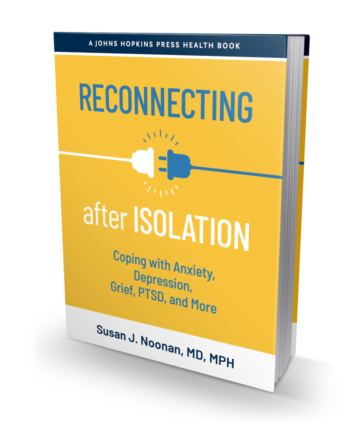Disappointments are unfortunately part of our daily life. Things don’t always turn out as we plan, or as we would like, for many reasons. Maybe it’s the job you didn’t get, the relationship that failed, or a child or parent who is challenging. Maybe the expectations you had were unrealistic. It could be in the planning, the execution, your effort, other people, or lots of things. When faced with disappointment you can either curl up in a corner, crumbled in defeat, and do nothing. Or you can keep moving forward. Some people become paralyzed by the loss and can’t seem to get beyond it. Others have a persistence and determination that allows them to keep moving on, inch by inch, moment by moment, even in the face of disappointment and setbacks. What makes them different? Which one are you now, which would you like to be in the future? How do you get there?
A person in the first group, who crumbles in defeat, may have a more narrow view of his life and responds in such a way because he believes his or her options are fairly limited. He puts all of his efforts, hopes and dreams into one small area. Perhaps the expectations he set were overly ambitious and not accurate or realistic. Perhaps he has limited problem solving skills. Then, if and when things don’t work out in one area of his life, it feels catastrophic. He or she feels defeated and like a failure. He cannot see alternatives that will bring him equivalent satisfaction or pleasure. This may make him feel powerless to create change in his life.
A person who is able to keep going in spite of setbacks or disappointments may have a broader view of himself, life in general and his world. He believes that he has several options or alternatives in life, so that if one thing fails he sees other things to move on to. Perhaps the goals he set are more realistic and attainable. Having choices and control over those choices gives him a more optimistic view of the world, knowing that it is within his power to change his circumstances.
How do you get to be the healthier, more resilient person who is able to keep going despite disappointment? To begin, try to make your goals and expectations for what you seek realistic and attainable for you. Do this by taking a close look at your personal skills and abilities, of the situation you are in, of the support people around you, and try to match your goal to fit all of that. Take small steps that are achievable and measurable, so that you will have a greater chance of experiencing success.
If things don’t work out, which sometimes happens to all of us, it is most helpful to put the disappointing event in perspective. Recognize that it is but one part, one chapter, in the course of your life. Try not to give that one event the power to control the rest of your life. Accept that an experience causing disappointment happened, recognize the real (not exaggerated) effects it may have on your life in the long run, and then put it in the past. Try not to dwell on what did or did not occur. Then make alternative plans to replace it with other things that will accomplish the same purpose in your life. Open your mind to other ideas, events, people, projects or activities that will bring you a similar level of pleasure or satisfaction. This might be a different job with another boss, a new boyfriend, or a different way to work with your teenage son and his failing grades. You cannot know in advance whether or not a new approach will bring you even greater success and gratification.
Try not to let the disappointment define you. It’s easy in depression to fall back into negative self-talk after a disappointment, when the view we have of ourselves may be low. “I’m a loser’” “I never do anything right,” “Nobody will ever want to date [or hire] me.” Be aware of those times and try to catch yourself so that the negatives don’t overwhelm you. Try to replace the negative self-talk with alternative and realistic statements that reflect more accurately your current situation. For example, you might say to yourself “Well, I didn’t get that job – they were looking for a person with a particular kind of experience that I don’t really have. It would have been an uncomfortable stretch for me to take it. But I have other skills and experiences that are valued and desirable. This will eventually lead me to a satisfying position.”
It’s helpful if you know how to problem solve when things don’t turn out as you’d like. Here are some easy steps to remember: First, identify the problem you have, stating it in as brief and descriptive words as you can. Then think about the impact you personally have on the problem, what things you currently do to make it better or worse. These are things that you have control over and can potentially change. Next, write down the short and long-term costs to you of doing nothing and the benefits of solving the problem. This will help you get motivated for change. The third step is to brainstorm (think of) several options, all the different things you could possibly do to correct the problem. Learn as much as you can about the problem and your options. Make a list of the pros and cons of each option. Finally, select the best solution, and what steps are needed to begin working on the solution, including the people you will ask to assist you. This will help you to work through disappointments and setbacks.
Stay Well!
This article first appeared in Psychology Today at https://www.psychologytoday.com/blog/view-the-mist/201608/crushed-disappointment and the Huffington Post.

